
Health Lab
For people taking the popular blood thinners rivaroxaban (brand name Xarelto) and apixaban (brand name Eliquis), after having a blood clot, a reduced dose may limit the future risk of bleeding as well as hospital visits, a Michigan Medicine-led study suggests.
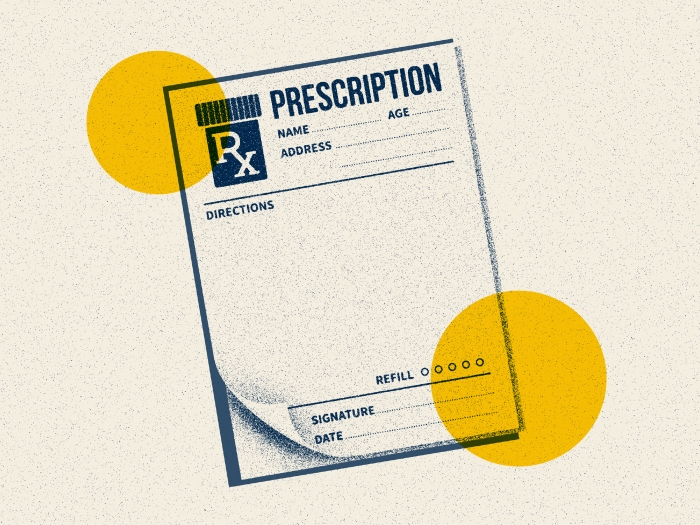
Health Lab
Doctors and pharmacists treating people with blood thinners can now reduce the rate of inappropriate dosing — as well as blood clots and strokes that can result from it — using an electronic patient management system.

Health Lab
More than two-thirds of those people take a type of blood thinner called a direct oral anticoagulant. These DOACs, such as rivaroxaban (brand name Xarelto) and apixaban (brand name Eliquis), are under- or over-prescribed in up to one in eight patents. These prescribing issues can have life-threatening consequences, and they most often occur after a provider writes the initial prescription, according to a study led by Michigan Medicine.

Health Lab
In a study of the three most commonly prescribed blood thinners, the oral anticoagulant rivaroxaban, known by the brand name Xarelto, was associated with a significantly higher risk of bleeding complications than apixaban (brand name Eliquis) and warfarin for patients with blood clots or atrial fibrillation.
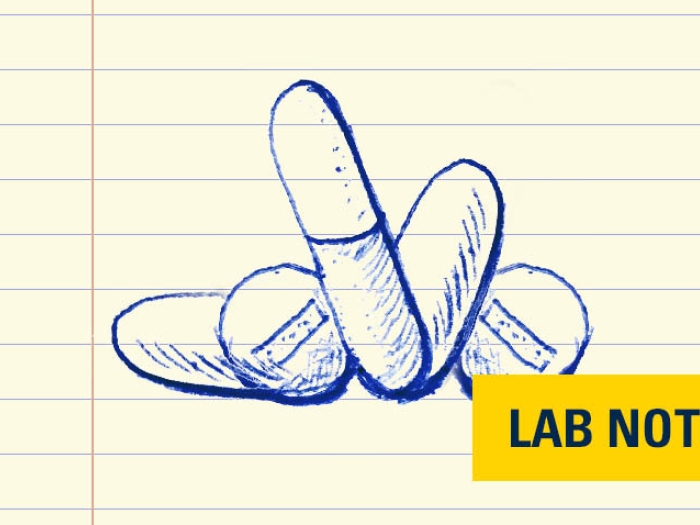
Health Lab
For some patients, adding aspirin to a direct oral anticoagulant rarely adds up, a new study finds.

Health Lab
The Johnson & Johnson/Janssen vaccine has been paused. What a blood clotting specialist wants you to know.
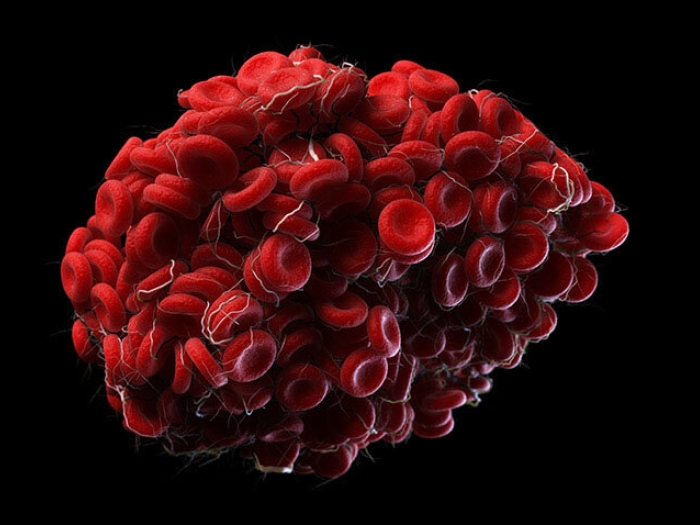
Health Lab
COVID-related blood clots are a serious risk. Vascular experts continue to refine the best approaches to avoid dangerous thrombosis associated with coronavirus disease.
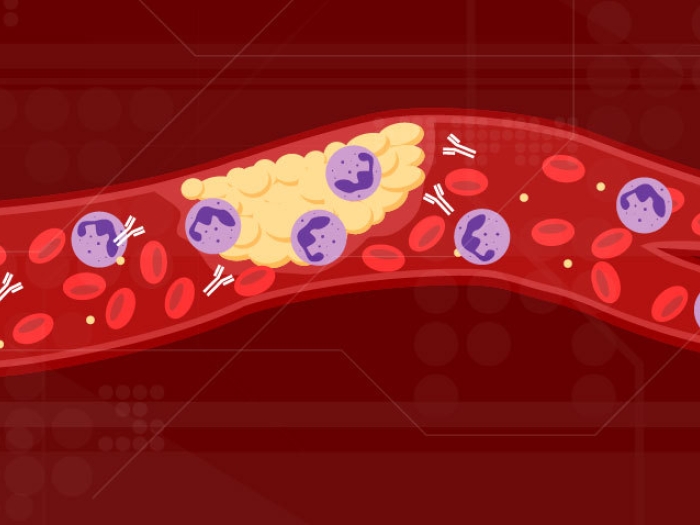
Health Lab
A new study reveals the COVID-19 virus triggers production of autoantibodies circulating through the blood, causing blood coagulation and clots in people hospitalized with the disease.
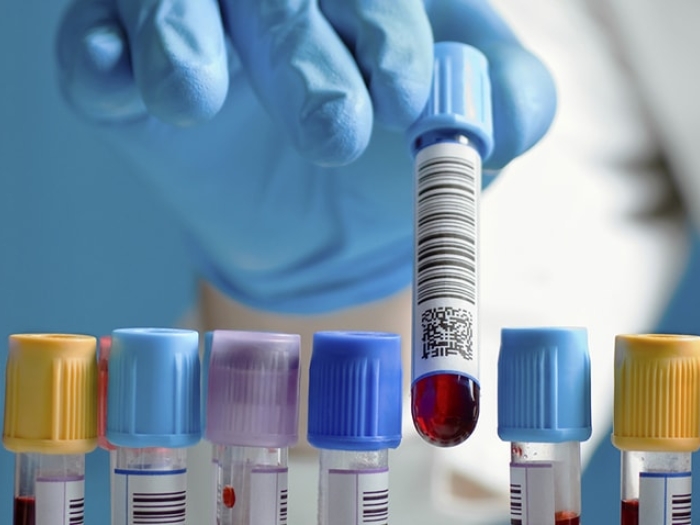
Health Lab
Testing for inherited thrombophilia is unnecessary. See why patients won't benefit from inherited thrombophilia testing regardless of if they have had a VTE.

Health Lab
University of Michigan researchers have developed a new model to study cancer-associated thrombosis and are getting preliminary data for future research.